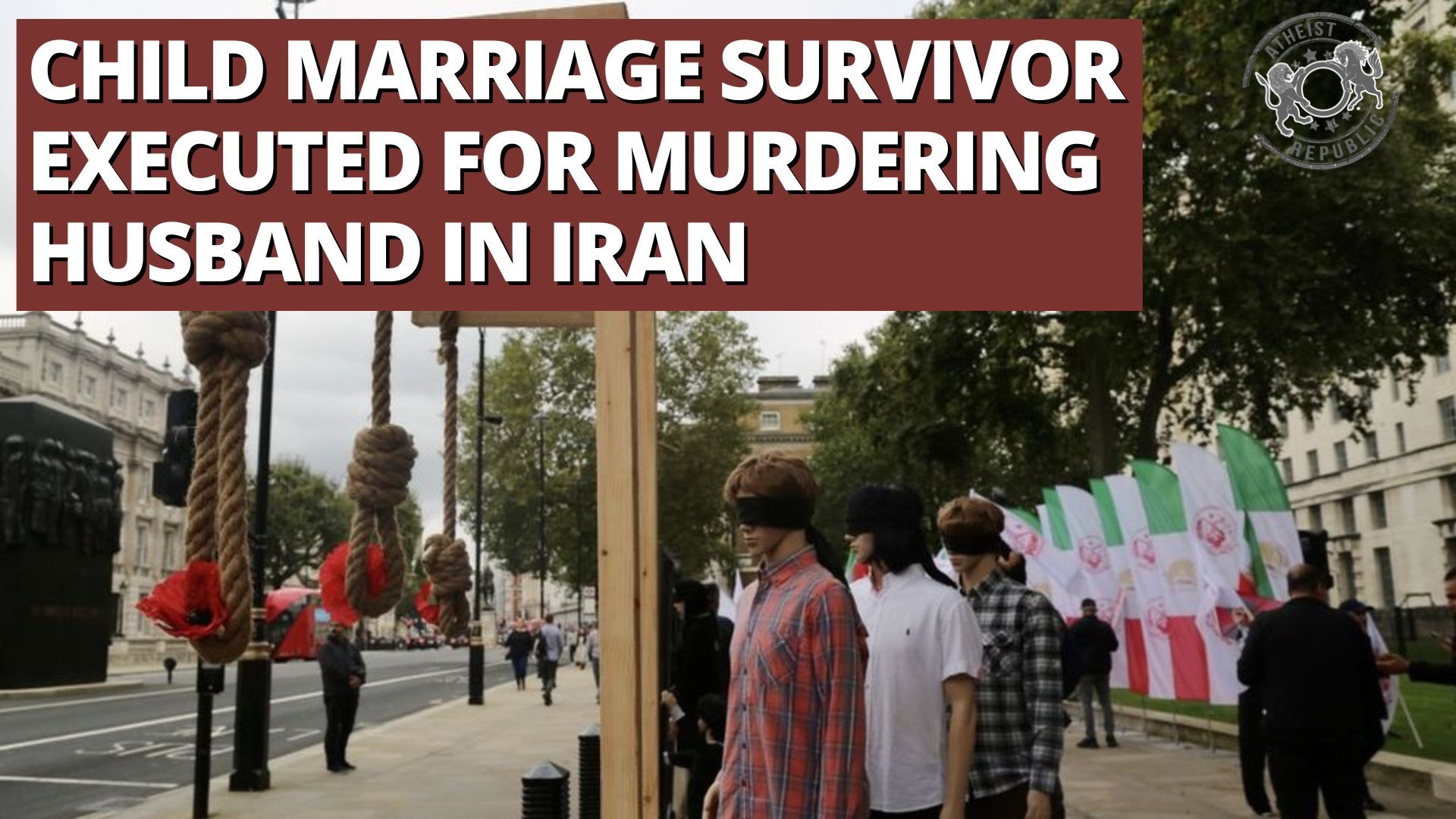
On July 27, the execution of three women was carried out in Iranian prisons. The accused women were all convicted and charged with killing their husbands. These three women were part of a recent execution spree that took the lives of 32 people in a single week.
Soheila Abedi, Faranak Beheshti, and Senobar Jalali were victims of forced marriages.
Iran this week executed three women in the space of a single day, all on charges of murdering their husbands, an NGO said https://t.co/lVxnHyBI76
— Hindustan Times (@htTweets) July 29, 2022
Soheila Abedi, a former child-bride who had married her husband around the age of 15 and was convicted in 2015, roughly ten years after the marriage, was hanged to death in Sanandaj Central Prison. While Faranak Beheshti was detained five years ago, transferred to solitary confinement the day before, and was executed in Urmia Central Prison. Senobar Jalali, facing the exact charges, was incarcerated in Qarchak Prison, then later transferred to solitary confinement in Gohardasht Prison of Karaj on Tuesday, and then was sent to the gallows. All three executions were carried out on the same day.
Iran death penalty: Ex-child bride among three women executed in one day - report https://t.co/Gl54kllKyo
— BBC News (World) (@BBCWorld) July 29, 2022
According to Islamic Sharia law, the victim's family decides the punishment for the accused charged with murder. They can choose between retaliation-in-kind (Qisas), blood money (Diya), and forgiveness.
It is reported that Iran executes more women than any other country worldwide. While most of these women are charged with killing their husbands, most of them had violent and abusive husbands and were married to them as children.
The exact numbers of the executions carried out in the country are unknown as there is no official announcement by the Iranian authorities. According to research conducted by human rights groups last year, only 16.5% of the total executions in the country were officially announced.
Human rights organizations are concerned about the increase in women facing the death penalty in 2022. Compared to the past year, the number has increased exponentially as the country sees a flow of executions.
Many activists proclaim that the penal system of Iran is biased against women, who are deprived of the right to independently file for a divorce, even when they experience domestic violence and abuse.
Amnesty International and the Abdurrahman Boroumand Centre for Human Rights accused Iran of a "horrific wave of executions," where more than 250 people suffered the death penalty in the first six months of the year.
Deputy regional director Diana Eltahawy said, "During the first six months of 2022, the Iranian authorities executed at least one person a day on average. The state machinery is carrying out killings on a mass scale across the country in an abhorrent assault on the right to life. Iran's staggering execution toll for the first half of this year had chilling echoes of 2015 when there was another shocking spike,"
The human rights organizations note that a pattern of executions is being systematically carried out. Most of these cases go through unfair trials, and the judgment is delivered as soon as possible.
Of the people executed in 2022, the majority of 146 were convicted of murder, and 86 were accused of drug-related crimes.
